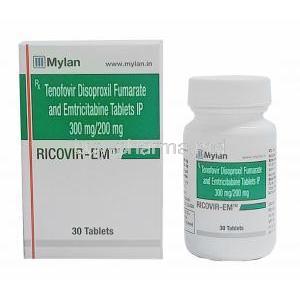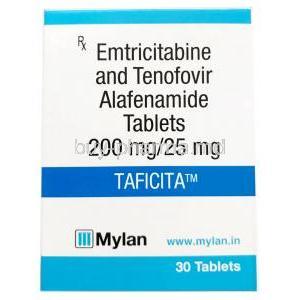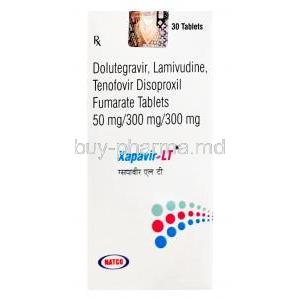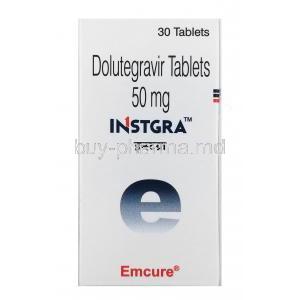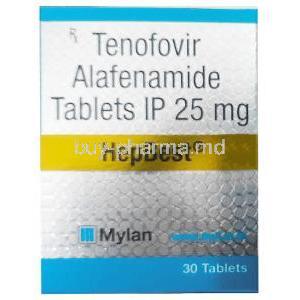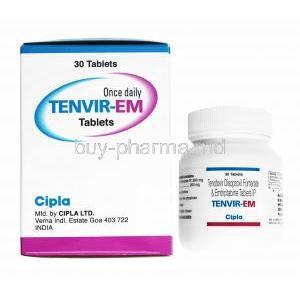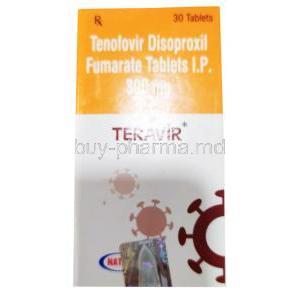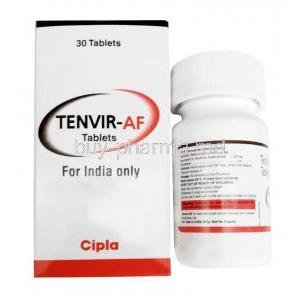I. Introduction
Overview of Zidovudine
Zidovudine, also known as AZT, is a nucleoside reverse transcriptase inhibitor extensively utilized in the treatment of HIV/AIDS. It functions by impeding the replication mechanism of the virus, thereby slowing its progression.
Historical Context and Development
Originally developed in the 1960s for cancer treatment, Zidovudine was repurposed in the 1980s as the first drug approved by the FDA to treat HIV. Its development marked a pivotal moment in the management of HIV/AIDS, transitioning the disease from a fatal diagnosis to a manageable chronic condition.
Scope and Purpose of the Oral Solution
The oral solution form of Zidovudine offers an alternative for patients who may have difficulties with tablet forms, including children and those with swallowing difficulties. It facilitates dosage adjustments and is critical in comprehensive HIV treatment regimens.
II. Composition of Zidovudine Oral Solution
Active Ingredients
The primary active ingredient in the solution is Zidovudine itself, formulated to optimize bioavailability and efficacy.
Excipients and Their Roles
- Glycerin: Acts as a solvent and stabilizer.
- Flavoring agents: Improve palatability for better patient compliance.
Formulation Specifics
The solution is calibrated to maintain a stable concentration of Zidovudine, ensuring consistent therapeutic effects across the dosing interval.
III. Uses of Zidovudine
Primary Indications in HIV Treatment
Zidovudine is primarily indicated for the treatment of HIV-1 infection as part of an antiretroviral therapy regimen, particularly useful in preventing maternal-fetal HIV transmission.
Benefits in Combination Therapy
When combined with other antiretroviral agents, Zidovudine significantly enhances viral load suppression and immunologic function restoration, which are crucial for effective HIV management.
Role in Post-Exposure Prophylaxis
Zidovudine is integral to post-exposure prophylaxis regimens, reducing the likelihood of HIV acquisition following potential exposure to the virus.
IV. Off-Label Uses of Zidovudine
Exploring Non-HIV Related Uses
Zidovudine has been investigated for its potential utility in treating other viral infections and certain cancers, although these uses are not officially approved.
Research and Case Studies Supporting Off-Label Use
Emerging research suggests a role for Zidovudine in treating hepatitis B and other retroviruses, demonstrating its versatility as an antiviral agent.
Ethical and Regulatory Considerations
While exploring off-label uses, healthcare providers must weigh the benefits against potential risks and adhere strictly to ethical guidelines.
V. How Zidovudine Works
Mechanism of Action Against HIV
Zidovudine inhibits the HIV reverse transcriptase enzyme, crucial for viral DNA synthesis and replication, thereby disrupting the viral lifecycle.
Impact on Viral Replication
By thwarting the virus's ability to replicate, Zidovudine reduces the viral load and impedes disease progression.
The Effect on Immune System Enhancement
Consistent use of Zidovudine helps preserve and improve immune function, reducing the occurrence of HIV-related complications.
VI. Dosage and Administration
Standard Dosing Guidelines
The recommended dosage of Zidovudine depends on the patient's body weight, health status, and concurrent medications.
Adjustments for Different Patient Groups
Dosage adjustments may be necessary for patients with renal impairment or those who experience specific side effects.
Instructions for Use and Administration Tips
Patients are advised to adhere strictly to prescribed dosages and to consult healthcare providers for any necessary adjustments.
VII. Administration in Special Populations
Administration to Elderly Patients
Older adults may require dosage adjustments based on comprehensive health assessments and renal function monitoring.
Administration to Pregnant Women and Nursing Mothers
While Zidovudine can be used during pregnancy to prevent HIV transmission to the baby, it should be used under medical supervision to balance the benefits and risks.
Administration to Children: Age-specific Guidelines
Dosage and administration in children are carefully calibrated based on age, weight, and clinical condition to ensure safety and efficacy.
VIII. Side Effects of Zidovudine
Overview of Common Side Effects
Zidovudine's side effects range from mild to moderate and can include nausea, headaches, fatigue, and anemia. These reactions typically manifest early in the course of treatment and may decrease in intensity as the body acclimatizes to the medication.
Potential Severe Adverse Reactions
In rare instances, Zidovudine can cause severe adverse reactions such as lactic acidosis, severe hepatomegaly with steatosis, and hematological abnormalities like neutropenia and anemia. Immediate medical intervention is crucial upon the appearance of these symptoms.
Long-Term Side Effect Profile
- Lipodystrophy: Altered body fat distribution, potentially leading to significant physical changes.
- Myopathy: Progressive muscle weakness, particularly with long-term use.
- Increased risk of heart disease due to metabolic changes.
IX. Important Precautions and Warnings
Interaction with Other Medications
Zidovudine should be used cautiously with drugs known to cause bone marrow suppression or affect renal clearance. Co-administration with agents like ganciclovir, interferon-alpha, and ribavirin may exacerbate hematologic toxicities.
Contraindications for Use
Patients with known hypersensitivity to Zidovudine or any of its components should avoid this medication. It is also contraindicated in patients with severe anemia or neutropenia at the start of therapy.
Special Warnings and Precautions for Use
Monitor liver enzymes and blood counts regularly, as Zidovudine has been linked to liver and blood toxicity. Pregnant women and those with pre-existing liver diseases should use Zidovudine only if the benefits clearly outweigh the risks.
X. Handling and Storage of Zidovudine
Storage Conditions and Shelf Life
Zidovudine should be stored at room temperature, away from direct sunlight and moisture, to maintain its efficacy. The shelf life typically extends up to two years from the date of manufacture when stored properly.
Proper Handling and Disposal Methods
Handle with care to avoid exposure to the drug, particularly in powder or aerosolized form. Dispose of expired or unused Zidovudine according to official guidelines to prevent environmental contamination.
Safety Measures for Caregivers and Patients
Caregivers should wear gloves when handling Zidovudine and wash hands thoroughly before and after contact with the drug. Patients should follow the prescribed dosage meticulously and report any adverse effects promptly.
XI. Interactions with Other Drugs
Common Drug Interactions and Their Management
Co-administration of Zidovudine with other antiretrovirals like didanosine can increase the risk of adverse reactions. Dose adjustments and close monitoring are essential when used with potentially interacting drugs.
Impact on Pharmacokinetics and Pharmacodynamics
Zidovudine's absorption and metabolism can be altered by other drugs, affecting its efficacy and toxicity. Enzyme inhibitors like fluconazole may increase plasma levels of Zidovudine, while inducers like rifampin may decrease them.
Advice on Avoiding Interaction-Related Complications
Patients should maintain a comprehensive list of all medications they are taking and share it with their healthcare provider to manage and minimize potential interactions effectively.
XII. Overdose and Emergency Management
Symptoms of Overdose
Overdose symptoms include severe nausea, vomiting, fatigue, and hematological abnormalities. It requires prompt medical evaluation and intervention.
Immediate Actions and Antidotes
In the event of an overdose, supportive care is essential. Patients should receive fluids to maintain hydration and may require blood transfusions if significant anemia is present.
Long-Term Management of Overdose Effects
Long-term monitoring of blood counts and metabolic parameters is crucial after an overdose to detect and manage any lasting effects. Follow-up care should be tailored based on the patient's recovery and ongoing health status.


